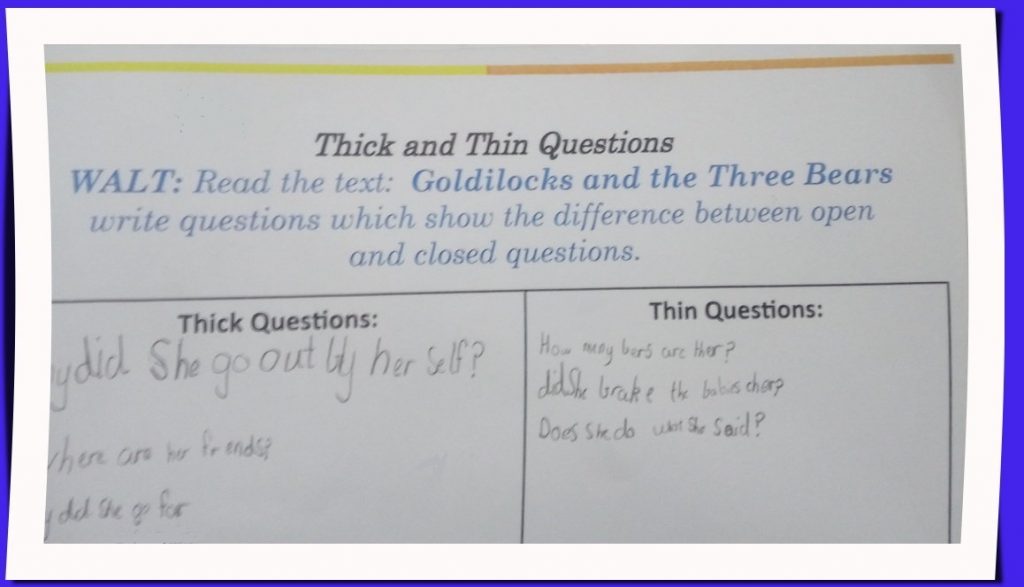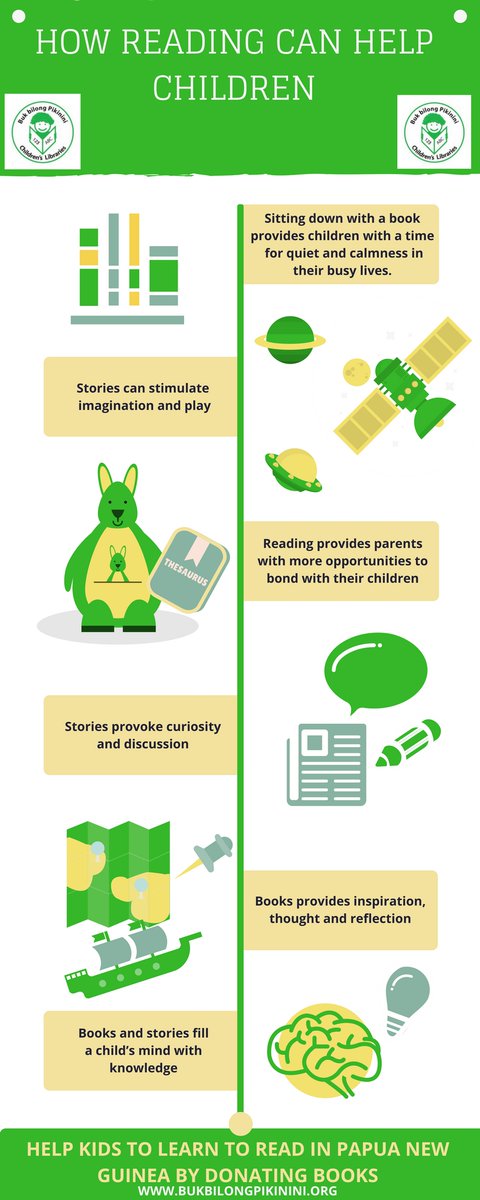I hope you find my writing and business tips and observations useful. My business and blog are dedicated to helping businesses communicate clearly and reach their potential.
Read, subscribe to my newsletter, enjoy!Tash
Consistent terminology
Do you know what a closed question is?
I’m sure I didn’t learn about open and closed questions until much later, but my children have been learning this in primary school. This is a good thing as it can help them communicate socially as well as within their school work.
Closed questions – elicits a simple response such as “do you like blue or green?” where a one word response answers the question.
Open (or open ended) questions – give scope for more detailed and complex responses such as “why is blue your favourite colour?” or “what do you like about that book?” which require longer answers and can lead to a discussion.
Have you ever heard questions referred to as thin and thick questions instead of open and closed?
The first time I knew of the thin/thick nomenclature was when I viewed some work my daughter had done at school. I know enough about open and closed questions to figure out what was meant by thin and thick so I could interpret the schoolwork very quickly. And I assumed the children had been taught thin/thick instead of open/closed.
Then I read the schoolwork in more detail.
The instructions swap between thick/thin and open/closed questions without any explanation that they are the same concept (and not even in the same order which makes it even harder to correlate the pairs of words). Given that this activity is obviously aimed at teaching children about open/closed questions, surely it would be better to use the same terminology for the one activity.
It’s one thing for me as a professional writer to read these instructions and follow them easily, but something else entirely for a seven year old who is grappling with what these terms mean and how to find examples of each type!
And my daughter said they had been taught about open/closed questions – she figured it out (and I think she did a good job devising relevant questions in the activity) but I’m sure many of her classmates would have struggled if they were left to do this activity just by reading the instructions.
The lesson?
If you start using one term (or set of terms) when writing, then continue using that term throughout.
Even if you explain there are alternatives, stick to one term in your content. For instance, if you are writing about saving money, you may write something like
Contributing to your savings can be done more or less frequently. Contributions, also known as deposits or account credits, will attract interest and thus increase your savings over time. When deciding how much to contribute, you may consider your income, expenses and lifestyle choices.
You may not be writing for children, and your audience may easily figure out your message, but why make it harder to read than necessary? Why risk them not understanding and/or disengaging in your content?
Being consistent makes your writing easier to read and understand, looks more professional and will probably help search engines recognise a keyword in your online writing.
Why support children learning to read?
I came across this great infographic outlining why children need to be able to read.
As well as being a good message in itself, the infographic also supports Buk Bilong Piknini (a charitable organisation funding books and reading programs for children in Papua New Guinea).
What do you think – why is it important we encourage children to learn to read, and then read some more?
I would also encourage everyone to help ensure our children are literate – whether by donating to groups such as Buk Bilong Pikinini, helping at schools or giving books as gifts, every bit helps.
Helping children learn to read
I frequently help at my children’s school by listening to children (usually not my own!) read and helping them build the skills of sounding out new words, ensuring the words make sense and getting a full understanding of what they are reading.
Why do I (and many others) help these children?
- learning to read opens many opportunities for children – through learning, ideas and comprehension
- the sooner they learn to read, the easier other aspects of school become – delayed reading can limit other learning and become a downward spiral for education
- I love reading – books give me pleasure, ideas, an escape and relaxation – and I hope to share that pleasure with children
- all the children benefit by their classmates being able to read – teachers can concentrate on contact rather than reading if all students can read competently (for their age) and each child can contribute more ideas and experiences if they are well read
- seeing me place an importance of everyone being able to read, encourages all the children to value reading
- seeing people volunteer to help at school also teaches children about community spirit, generosity and being able to make positive change in small ways
What have you done to help children (or adults for that matter) learn to read and enjoy reading?
Making school essay writing easy!
While a school essay is not the same as writing for a business or website, I wanted to recommend this great blog post I just read about writing school essays. 
The post is aimed at parents trying to help students learn about writing a good essay – and it gives good tips (like SEXI paragraphs!)
Many of the concepts can also be carried into other forms of non-fiction writing. For instance, planning what you will put in a promotional article, blog post, report, flyer or similar still saves a lot of time and worry.
Have a read of their post and let me know what you think…
SEXI paragraphs contain:
Statement
Explanation
eXample
Importance
A principled principal?
Another pair of words that I frequently see misused is principle and principal…
Principle – a belief or moral that governs behaviour and decisions; a fundamental truth
On principle, John refused to watch the parade.
Principal – first or leading rank (e.g. a School Principal); initial sum of money before interest and fees
As Principal of the local school, Mary was well respected by the parents.
The most common uses of these words are often confused and used incorrectly. The easiest way to remember which is which is to think of your pal being a principal.



Recent Comments